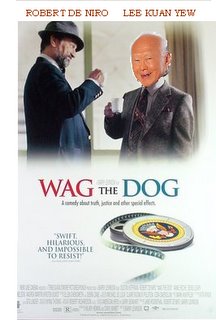The commentary in Singapore's Business Times below is rather courageous in the Singapore context, considering that few can afford to offend the powerful Temasek Holdings.
Why is Temasek powerful? First, it is effectively the investment arm of the Singapore government although it keeps saying that it is a commercial entity. Temasek is fully owned by Singapore's Finance Ministry. It is therefore the investment arm of the Singapore government. Period.
Second, Temasek wields tremendous commercial and political clout even if it has no such intention. Apart from having stakes in some of the biggest companies in Singapore such as Singapore Telecommunications, DBS Bank and Neptune Orient Lines, it is run by a powerful lady called Ho Ching.

The Lee family (clockwise from top right hand corner) -- Mr and Mrs Lee Kuan Yew, Ho Ching, Lee Hsien Loong and Lee Kuan Yew
She's been ranked by numerous publications as one of the top women in the region and in the world. Of course, everybody knows that the sharp woman is the wife of PM Lee Hsien Loong, who is also the Finance Minister of Singapore overseeing Temasek. Ho Ching is also the daughter-in-law of Minister Mentor Lee Kuan Yew, who is the founding father of modern Singapore.
Such connections help open doors for Temasek. Which central banker or bank owner would not want to meet the wife or daughter-in-law of the two most powerful men in Singapore? Which businessmen in the region would not want to do business with Temasek?
Back to the BT commentary. It is essentially a criticism of what Temasek did wrong in Thailand, without saying it so blatantly. The key to the current mess in the Shin Corp deal in Thailand is the review by the Thai authorities as to whether Temasek and partners did indeed breach the foreign ownership rule.
Will the commentary and other growing criticisms of Temasek lead to changes in the Singapore government investment arm?
Maybe, but don't bet on a Thai-style military coup at Temasek.
Business Times - 06 Oct 2006
Lessons from Temasek's Shin acquisition
By WONG WEI KONG
SENIOR CORRESPONDENT
TEMASEK Holdings has built an enviable track record in its overseas acquisitions. Its acquisition of Shin Corp in Thailand, despite its controversial nature, may prove to be a shrewd investment too in the long term. However, all investments - good and bad - offer lessons. And what happened at Shin is especially instructive.
Few acquisitions anywhere have had such a far-reaching impact. Temasek's purchase of telecom conglomerate Shin from the family of former Thai prime minister Thaksin Shinawatra unwittingly contributed to a prolonged political crisis which finally led to Mr Thaksin's removal in a military coup two weeks ago. In the process, Temasek's investment in Shin has been sharply de-valued, although the losses are on paper. Temasek's reputation, and Singapore's image in Thailand, have unfortunately also taken a knock.
So what are the lessons from Shin?
The first is that political risk can never be underestimated, especially in large, cross-border transactions. This is particularly so for Temasek, given its parentage, the size of its investments, and the fact that many of its targets are often the largest and best-connected companies in their home countries. To many observers, Shin had political risk written all over right from the start. Even before the Shin sale, Mr Thaksin's business dealings were already a major political issue in Thailand. Buying Shin from the family of a prime minister openly accused of corruption clearly carried a significant political risk.
Temasek has rightly reiterated that it undertakes political risk analysis as part of a detailed analysis that includes industry and country risks, and that it invests purely on commercial grounds. The fallout from Shin, however, suggests that Temasek may have to relook the way it assesses political risk. More emphasis may have to be given to independent, expert opinion to complement the inhouse view. It's almost a certainty that Temasek will increasingly have to deal with political issues as it steps up its investments overseas.
The second lesson is that you need to know the full details of the deal in an investment like Shin. An interview with Temasek managing director for strategic development Jimmy Phoon published last week by the online edition of US magazine Newsweek brought up an interesting point. Mr Phoon said Temasek took advice on its part of the deal and was not aware that the sale was structured in such a way that Mr Thaksin's family would avoid taxes. That was an information gap that perhaps should have been plugged, given the sensitivities already surrounding Mr Thaksin's business dealings. As it turned out, the tax loophole was the critical issue that sparked off public outrage against Mr Thaksin.
The third lesson is that complex deal structures often create their own problems. When a deal is structured in complicated ways, such as this one, it provides opponents with ammunition to make political hay out of specific parts of the transaction. Complicated structures also risk appearing unclear and opaque, or worse still, arouse suspicion even if unjustified.
This is the situation Temasek finds itself in. The structure of the Shin deal is now under scrutiny, and the subject of police investigations. While Temasek has maintained that it has complied with all the laws and regulations in Thailand, Thailand's Ministry of Commerce has decided that Temasek may have overstepped Thai laws on foreign ownership and has sent the results of an initial probe to the police for further action. The probe is centred on Kularb Kaew, a holding company set up as part of Temasek's purchase of Shin.
Shareholding structure
At the heart of the matter lies the question of whether Kularb Kaew, which is controlled by a Malaysia-based Thai who was a partner in the Shin deal, is a Thai company or a Temasek nominee under the law. Under a complex shareholding structure, Temasek currently holds 41.7 per cent of Shin directly through Aspen Holdings, while another 54.6 per cent is held by Cedar Holdings, a joint venture by Temasek's Cypress Holdings, Siam Commercial Bank and Kularb Kaew.
The fourth lesson is the need to counter negative perceptions. To its credit, Temasek has taken the first step last week in giving a public glimpse into its investment in Shin. But its silence until recently - through months of political upheaval in Thailand - has created the impression, unfairly perhaps, that it has been less than forthcoming. While Temasek is legally accountable only to the government, it may have to be prepared to publicly defend its track record in Thailand in this case. It is not only the Thai authorities who need to know; Singaporeans, many of whom hold Temasek in high regard, need to be reassured that Temasek is doing it right. It is the Singapore flag, after all, that Temasek flies in its ventures abroad.
The last lesson is not a new one: more impetus has to be given to the issue of de-linking Temasek from the state. The rise of economic nationalism and fashioning a response to it is a major challenge facing Temasek. Wholly owned by the Ministry of Finance and therefore viewed as the government itself when it moves to buy banks, telcos and infrastructure companies overseas, its assertion that it operates as a private enterprise independent of the government is not always accepted. This can prove troublesome in an era of rising economic nationalism - one reason why the Shin deal fanned anti-Singapore sentiment was also because it was seen as a sale of a national asset to a foreign government.
There have been suggestions to dilute the government's ownership of Temasek, or even list the company, with institutions, the public, as well as the government holding shares. Making structural changes to Temasek may be something that has to be contemplated, sooner rather than later.
What happened at Shin should not deter Temasek from making bold forays overseas. But at the same time, Shin clearly is a watershed in the investment history of Temasek, providing an invaluable point of reflection for the Singapore investment company even as it plots its next move to widen Singapore's footprint across the globe.
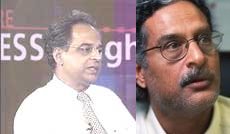 More changes are taking place in the Singapore media scene.
More changes are taking place in the Singapore media scene.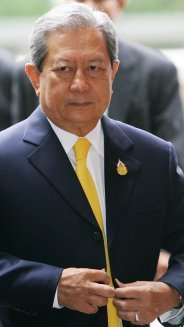

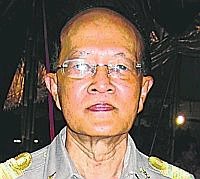
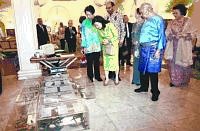


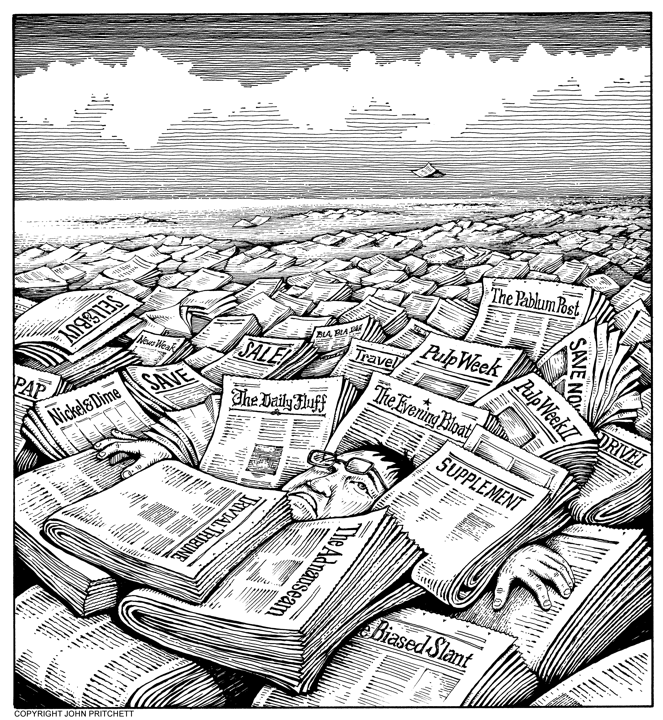






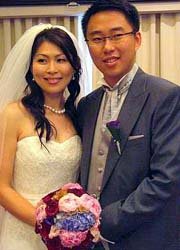
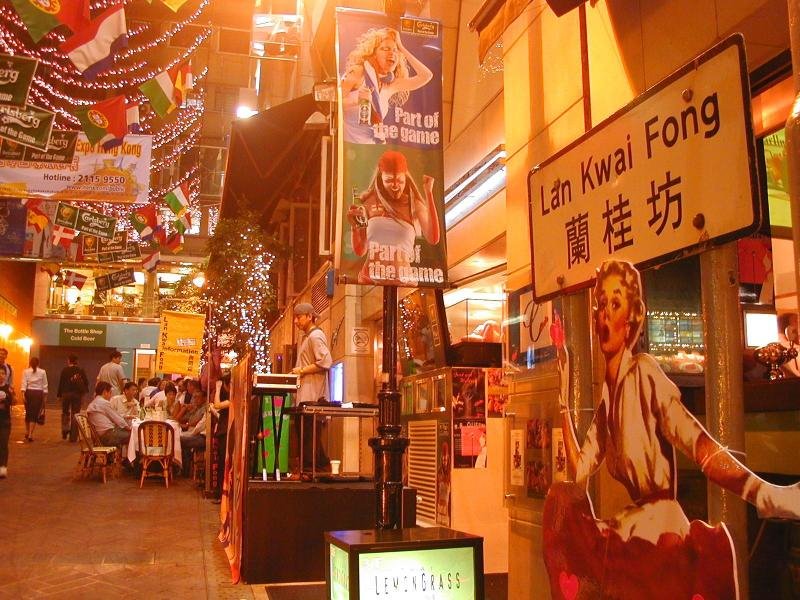 Social drinking at the “magic hour” of six o’clock has become a mainstream daily event but what are its origins? One possibility is that drinking after work has been made more popular by Hong Kong’s very large number of American and European bankers, brokers and financial dealers for whom after-hours drinks are a rite of passage. Just visit Lan Kwai Fong any evening after work and you will see what I mean.
Social drinking at the “magic hour” of six o’clock has become a mainstream daily event but what are its origins? One possibility is that drinking after work has been made more popular by Hong Kong’s very large number of American and European bankers, brokers and financial dealers for whom after-hours drinks are a rite of passage. Just visit Lan Kwai Fong any evening after work and you will see what I mean.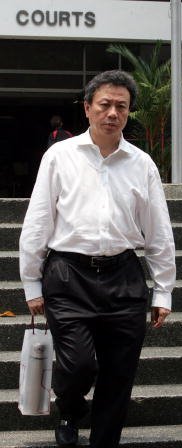

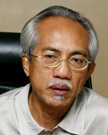





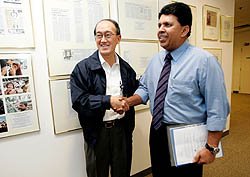
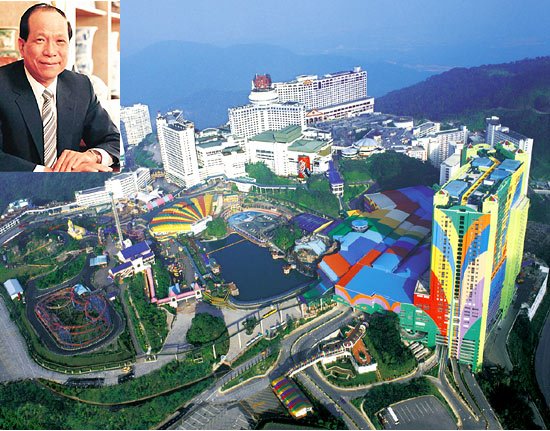 Genting founder
Genting founder 
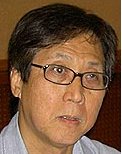


 By the standards of previous coups in Thailand and in other countries this coup must rank as one of the smoothest and gentlest coups ever experienced. And by the standards of a coup in a developing country it must rank as one of the most successful coups because no western democracy, let alone any totalitarian state, has condemned it in strong terms. Protests by Australia and the United States were notable for their gentleness which bordered on feebleness.
By the standards of previous coups in Thailand and in other countries this coup must rank as one of the smoothest and gentlest coups ever experienced. And by the standards of a coup in a developing country it must rank as one of the most successful coups because no western democracy, let alone any totalitarian state, has condemned it in strong terms. Protests by Australia and the United States were notable for their gentleness which bordered on feebleness.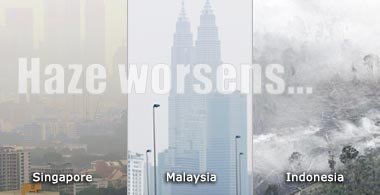

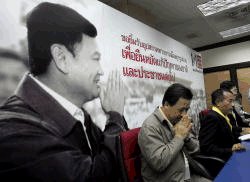
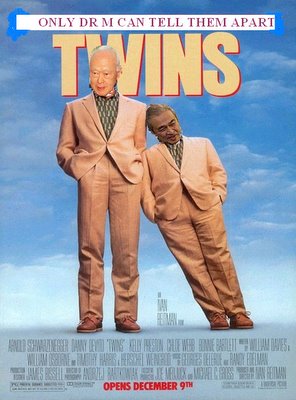 To put it bluntly, Kuan Yew is merely saying that he was sorry that what he said created 'a great deal of discomfort' for Badawi. The bulk of the letter was a justification of his words.
To put it bluntly, Kuan Yew is merely saying that he was sorry that what he said created 'a great deal of discomfort' for Badawi. The bulk of the letter was a justification of his words.